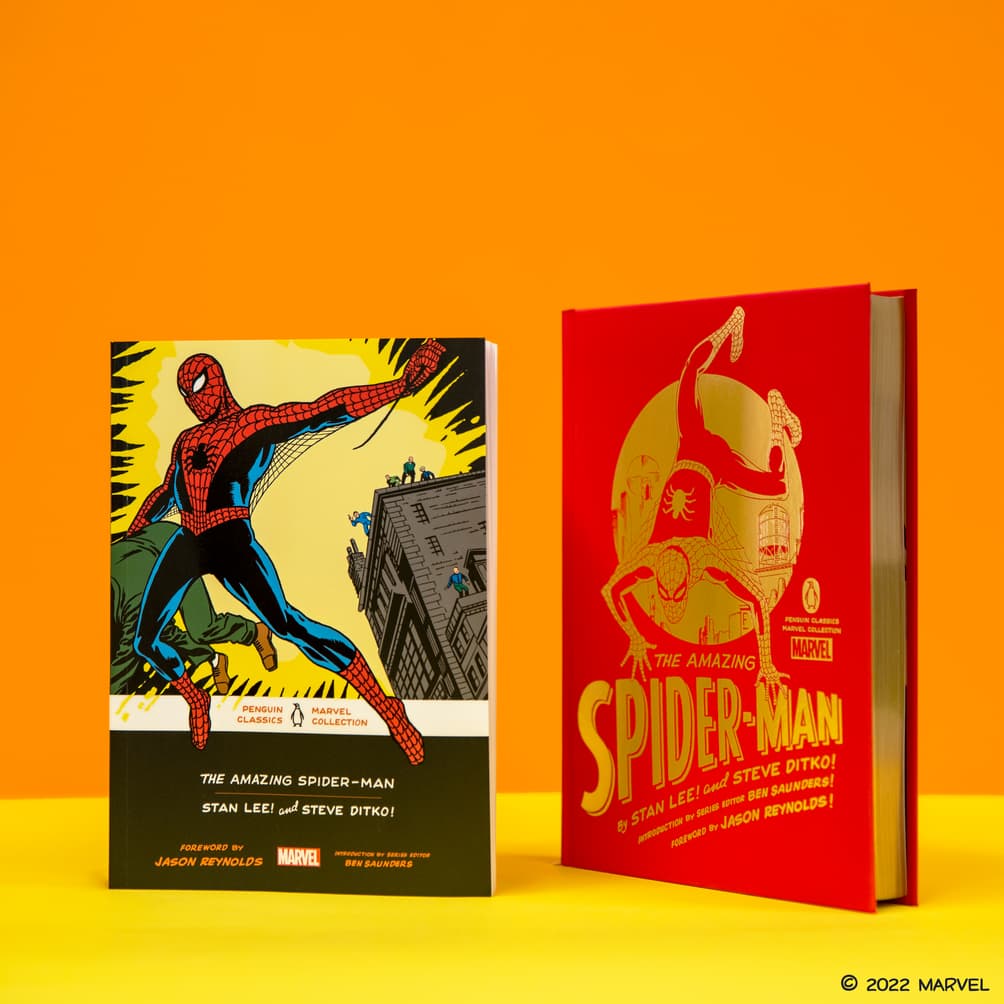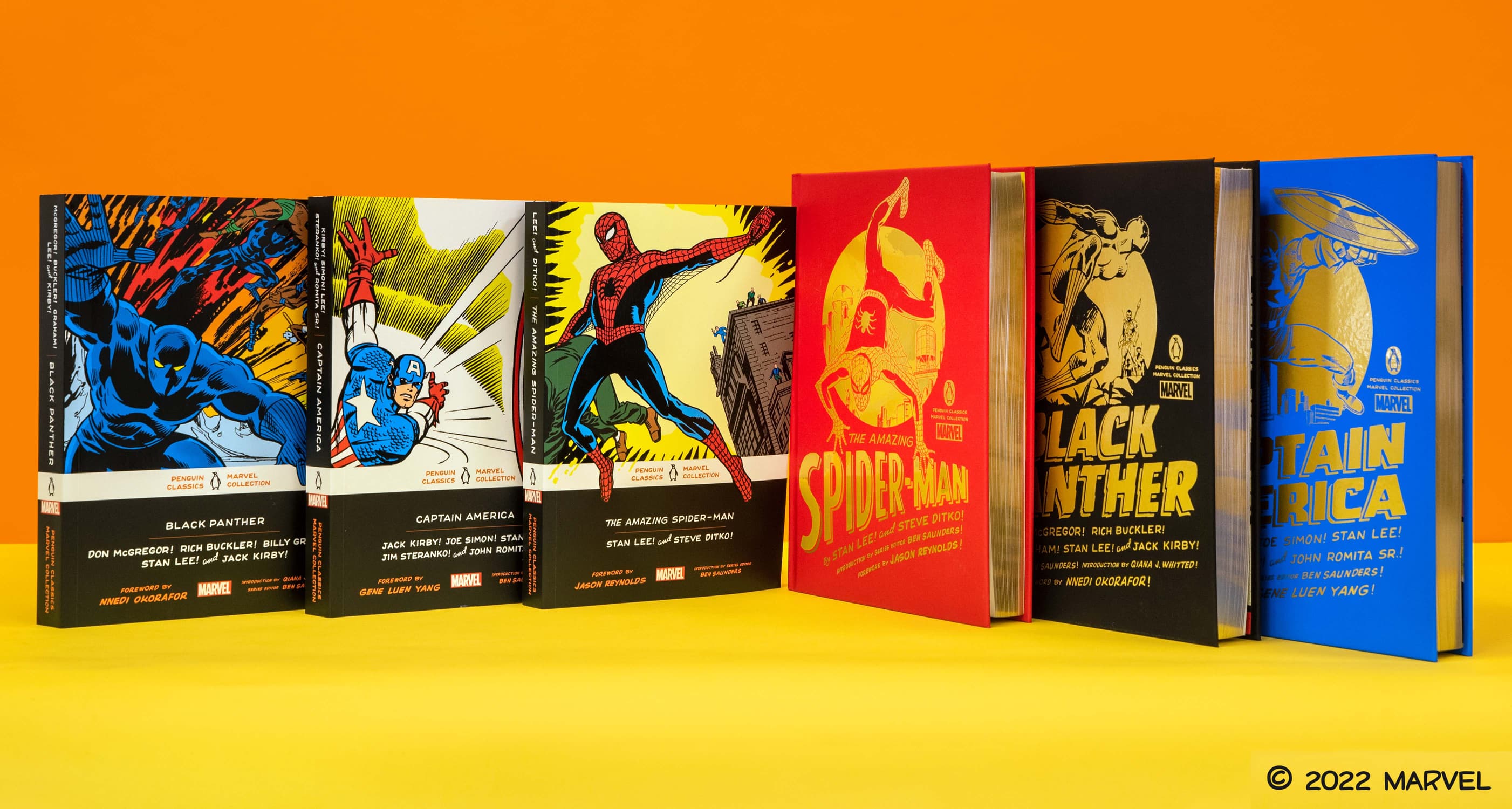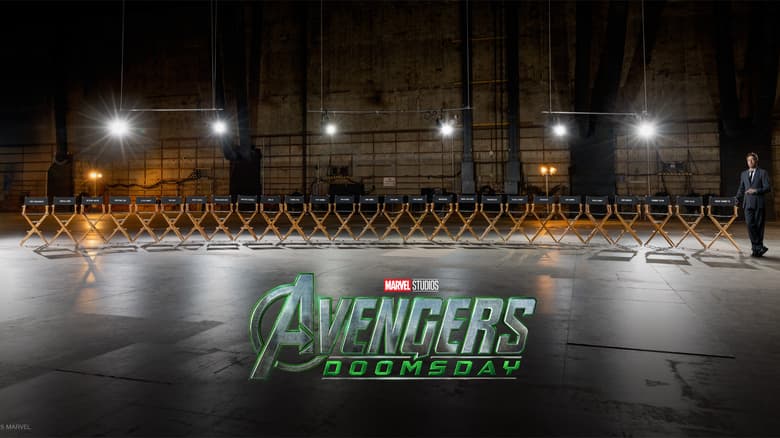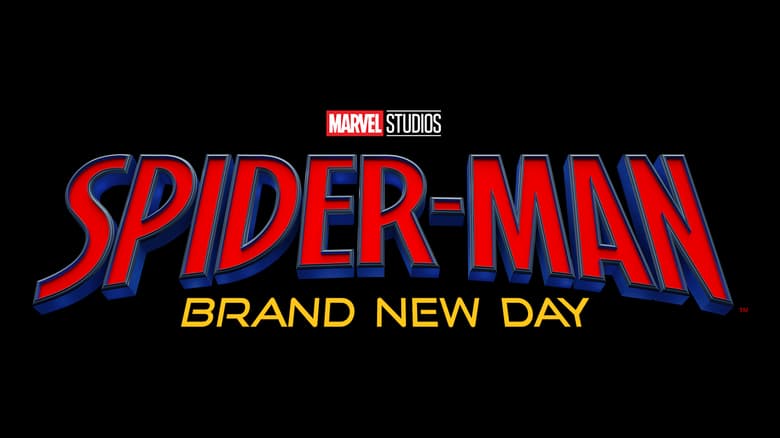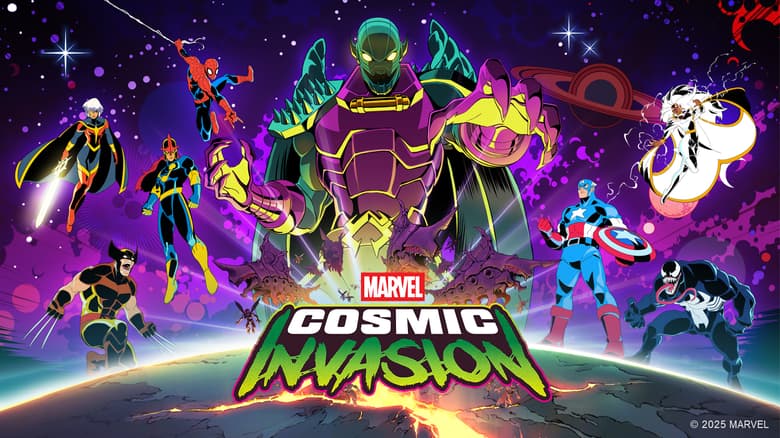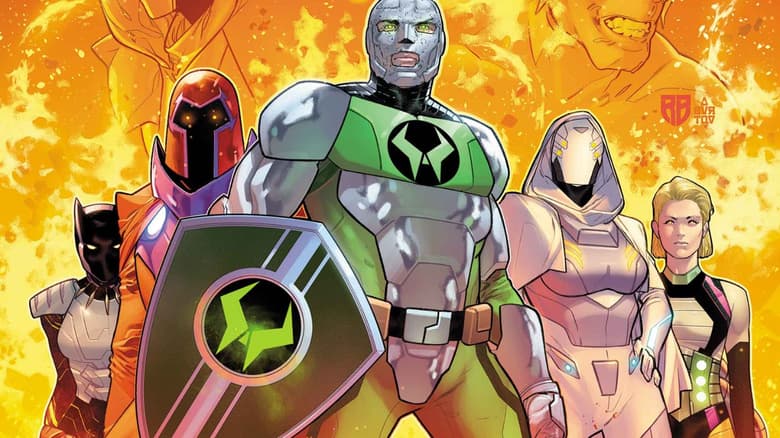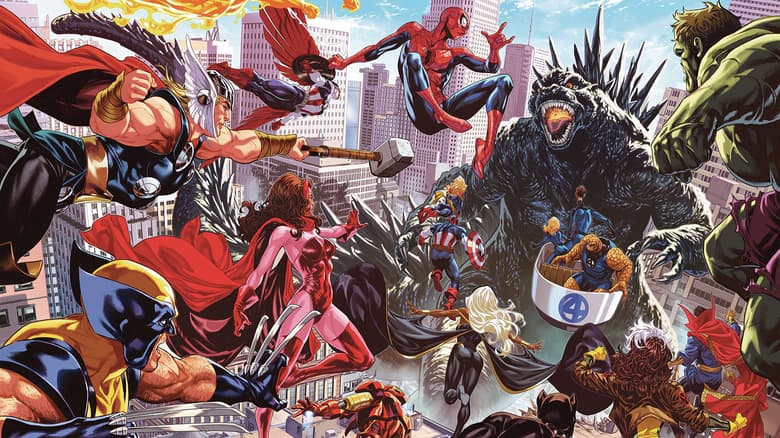Jason Reynolds Introduces the Spider-Man Anthology From the Penguin Classics Marvel Collection
Read the foreword to the comic book anthology, available now in paperback and hardcover!
Add to your Penguin Classics collection now—the Marvel Collection is here with some of your favorite Super Heroes from the Marvel Universe!
The Amazing Spider-Man — Penguin Classics Marvel Collection Edition contains twelve key stories from the first two years of Spider-Man's publication history (from 1962 to 1964). These influential adventures not only transformed the super hero fantasy into an allegory for the pain of adolescence but also brought a new ethical complexity to the genre—by insisting that with great power there must also come great responsibility.
Available in the Iconic Black Spine Paperback, the book also comes as the Deluxe Hardcover edition, featuring gold foil stamping, gold top stain edges, special endpapers with artwork spotlighting series villains, and full-color art throughout.
Featuring the work of Stan Lee and Steve Ditko, this anthology collects:
- "Spider-Man!" from AMAZING FANTASY (1962) #15; THE AMAZING SPIDER-MAN (1963) #1-4, #9, #10, #13, #14, #17-19
- "Goodbye to Linda Brown" from STRANGE TALES (1962) #97
- "How Stan Lee and Steve Ditko Create Spider-Man!" from THE AMAZING SPIDER-MAN ANNUAL (1964) #1
A foreword by Jason Reynolds and scholarly introductions and apparatus by Ben Saunders offer further insight into the enduring significance of THE AMAZING SPIDER-MAN and classic Marvel comics.
ORDER NOW: Iconic Black Spine Paperback | Collectible Hardcover
Read Jason Reynolds' foreword to The Amazing Spider-Man below:
When I think of my childhood, I think of all the trappings of the late 1980s and early ’90s—beatable video games, quick-melting Popsicles, dares and double-dares and double-dog-dares. But what was just as present as all these were the color-splashed covers of comic books, the thin periodicals trapped between plastic and cardboard, lined up in a box in my older brother’s room. A super hero Rolodex. He treated them like my mother treated her record collection. Sacred. Special. Celebrated like trophies, revered like jewels. Like ancient artifacts to be peered at and preserved.
Truthfully, I never had my own. And because of that—because they were always at a distance—I thought of them as something to be careful with. Something off-limits to me. My brother, Allen, made it clear that they weren’t to be touched. So, of course, like any good little brother, I disobeyed. I remember sneaking in and sliding an Amazing Spider-Man comic from its sleeve, then flipping through the pages of panels, far more interested in the pictures than the words. Spider-Man shooting intricate web patterns on walls and lampposts. Spider-Man swinging, soaring through the sky from building to building. Spider-Man . . . winning.
But as I got older, Allen, whom I’d catch gingerly turning the pages of his comics, started to talk to me about what he was reading, started to give his little brother some insight about the words on those pages, specifically as they pertained to Spider-Man. Well, really, Peter Parker. He explained that what made Peter different from everyone else was that he was just a regular kid. This was a big deal to me but an even bigger deal to my older brother—who thought of himself as so regular that he was irregular.
Allen had challenges. He struggled in school due to a learning difference, and the resources to help back then weren’t nearly what they are now. A round kid with a heavy hand and a meek personality, he’d been teased and bullied most of his adolescent years. And because of the tormenting of his real-life villains, which sometimes played out physically, he found life was better lived inward. Safer in the shell. He was more than shy or introverted. He was afraid. Afraid of people. Of new things. New experiences. Afraid he’d make a mistake and be laughed at. So while Spider-Man, for me, meant heroic victory, meant shooting invisible web at my mother and pretending to climb the walls, for Allen, Peter Parker meant possibility. He meant the underdog getting over. He meant vindication for the outsider.
Peter Parker, my brother explained, was the first super hero teenager who acted like a teenager. He was an orphan, raised by his Uncle Ben and Aunt May, which for us felt normal, not because we were orphans—we weren’t—but because it wasn’t uncommon for people in our family to be raised by extended members. Peter was awkward, a bit uncomfortable in his own skin. My brother (and I, later) also felt this way, begging our mother for name-brand, ill-fitting clothing, doing anything to fit in. Peter was also insecure in a way that caused him to feel inadequate, lonely. This, too, was my brother’s story. He struggled with believing that his life was one of worth, because so many people had told him otherwise.
Peter Parker was my brother, Allen. And Allen was Peter. And because of that familiarity, that representation, Allen could then become Spider-Man. He—a boy who actually loved insects, especially spiders (I have stories!)—could mask up, and use the super powers he’d been given due to the toxic bite life had delivered.
Spider-sense. Allen could intuit bad things, villains who meant him harm.
Wall climbing. He knew how to escape. Anything. Everything.
Web shooting. When Allen wasn’t running, he could connect things. He had an invisible tether, a personality that once he (reluctantly) let loose, would pull you in. Would stick.
And above all these super powers, Spider-Man also helped my brother—a struggling student—to read, which, to me, is the most important weapon of all.
I’ve spent my life believing the Amazing Spider-Man is in my corner, because he built up and fortified my personal super hero. Those pages brought power to my older brother’s life and showed him, showed us both, that a teenager could be more than a sidekick, and that a hero doesn’t require perfection. As a matter of fact, Peter Parker, the stumblebum from Queens, showed us that it’s how the imperfections are used that determines one’s heroism.
That being said, on behalf of myself, of my brother, Allen, and of my entire family, thank you, Peter.
Thank you, Spider-Man.
The Black Panther, Captain America, and The Amazing Spider-Man — Penguin Classics Marvel Collection are all available now, everywhere books are sold — ORDER NOW!
Want to stay on top of everything in the Marvel Universe? Follow Marvel on social media—Twitter, Facebook, and Instagram—and keep watching Marvel.com for more news!
The Hype Box
Can’t-miss news and updates from across the Marvel Universe!
